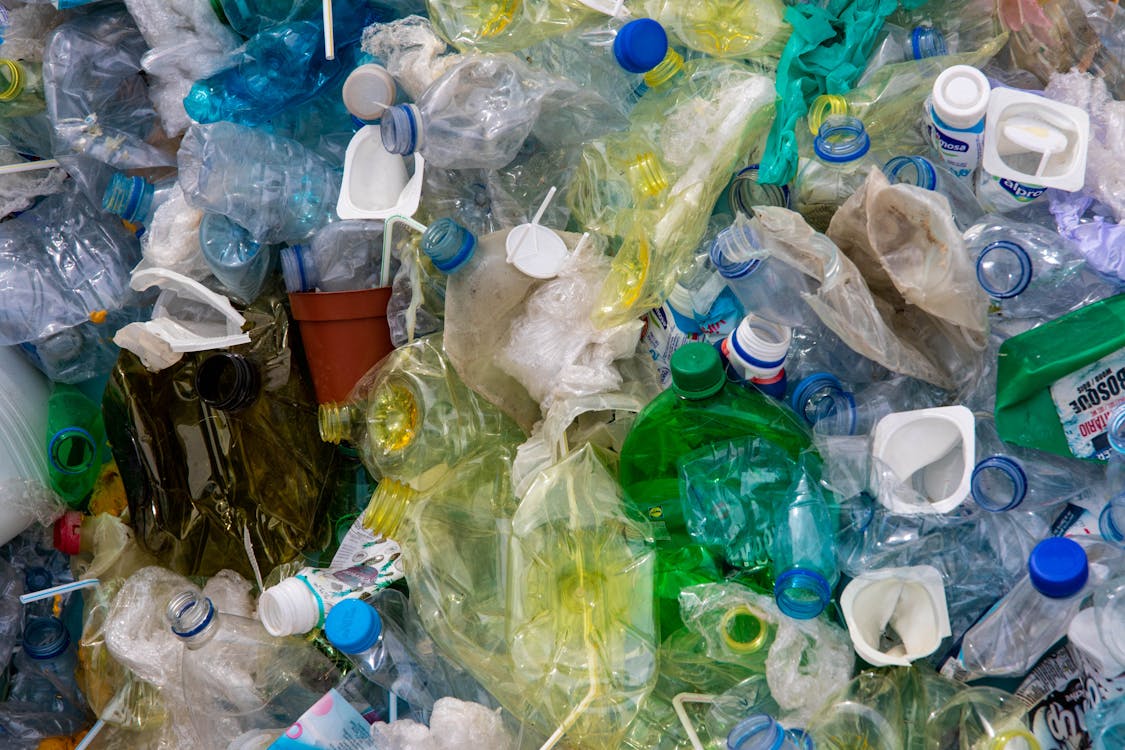Rebecca Schulz, the Minister of Environment and Protected Areas, announced that Alberta’s recycling system will be expanded, with the new measures set to take effect on April 1, 2025.
Four years ago, Alberta launched a pilot program aimed at increasing the recycling of electronics. The success of this pilot has been nothing short of remarkable, with nearly 15,000 tons of electronics kept out of landfills—equivalent to the weight of 4,000 cars.
Starting April 2025, the program will become a permanent fixture in Alberta’s recycling system, expanding to include over 500 types of electronic items. This includes not only small devices like cell phones and power tools but also larger items such as lawnmowers, all of which can now be recycled instead of ending up in landfills. The expansion is projected to keep an additional 5,500 tons of waste out of landfills each year.
“We are creating the biggest and best system in Canada,” Schulz declared during the announcement, underscoring the province’s leadership in environmental protection. “Families and businesses will be able to recycle a broader range of electronic items, ensuring that these materials are properly managed and don’t harm our environment.”
As Alberta continues to see an increase in renewable energy installations, including solar panels, wind turbines, and electric vehicles, the province is also proactively addressing the end-of-life disposal of these technologies. Currently, no dedicated recycling programs exist in Canada for these materials, which pose significant environmental risks if disposed of improperly.
Schulz highlighted the growing concern that up to 800,000 tons of solar panels could reach the end of their useful life within the next 25 years. Without a proper recycling system, these panels could fill up landfills and potentially leak harmful chemicals into the groundwater. Recognizing this challenge, Alberta is setting up the country’s first provincial recycling programs for renewable materials, including solar panels, electric vehicle (EV) batteries, and wind turbines.
A key element of Alberta’s recycling expansion is the integration of advanced technologies to improve efficiency and safety in the recycling process. the Alberta Recycling Management Authority (ARMA) has provided $250,000 to Quantum Lifecycle Partners in Edmonton to install an AI-powered x-ray system. This new technology can scan materials in real-time, instantly identifying hazardous waste and ensuring that it is safely and responsibly managed.
“This technology saves valuable time and resources,” Schulz explained, “and it also ensures the safe recycling of all hazardous materials, which is crucial as we handle increasingly complex waste streams.”
Under the pilot program, ARMA collected approximately 2,800 solar panels, diverting them from landfills and exploring ways to reuse them. While initial results are promising, ARMA acknowledges that there is still much to learn and more work to be done.
With the new developments, Alberta is setting a new standard for recycling in Canada, ensuring that the province remains at the forefront of environmental protection and innovation.

